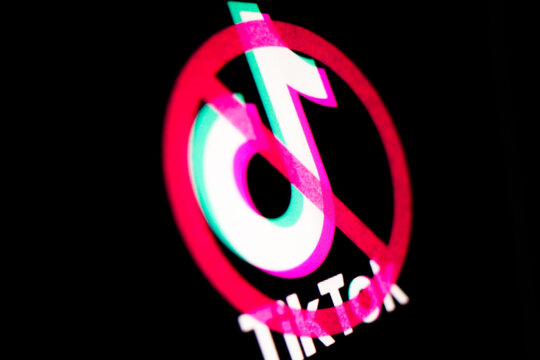Iran’s President Masoud Pezeshkian has vehemently denied accusations that his country ever plotted to assassinate President-elect Donald Trump during last year’s U.S. election campaign, insisting that such claims are part of a scheme to promote “Iranophobia” and have no basis in reality.
In an interview, Pezeshkian emphasized that Iran has “never attempted to nor does it plan to assassinate anyone.” His comments came less than a week before Trump was set to return to the White House, in response to previous assertions from Trump and the U.S. government regarding an alleged Iranian plot against the then-Republican presidential candidate.
In November, the U.S. Justice Department charged an Iranian individual with plotting to kill Trump on orders from Iran’s Revolutionary Guard Corps. The plot was reportedly an effort to avenge the death of Qasem Soleimani, a top Iranian general killed in a U.S. drone strike authorized by Trump. On the campaign trail, Trump had suggested that Iran may have been involved in assassination attempts against him.
Pezeshkian dismissed such claims, attributing them to Israel and other nations seeking to fuel tensions between Iran and the West. He stressed that Iran’s stance has always been clear: “Iran has never attempted to nor does it plan to assassinate anyone.”
Relations between the U.S. and Iran have been strained since 1980, following the U.S. embassy hostage crisis in Tehran. The countries have not had diplomatic relations since that time. In a letter sent to the Biden administration through Swiss diplomats in October, Iran reportedly stated it was not actively seeking to kill Trump, although Iran’s diplomatic mission to the U.N. declined to confirm or deny the letter’s contents.
Although the U.S. and European governments have accused Iran of attempting to silence critics, assassination plots against former or current world leaders are rare. There has been no immediate reaction from either Trump or President Joe Biden to Pezeshkian’s statement that Iran would never attempt an attack on Trump.
Pezeshkian, seen as a moderate within Iran’s leadership, expressed Iran’s willingness to engage in dialogue with the second Trump administration. However, he highlighted that the key issue for Iran lies not in discussions, but in the commitments that arise from any potential talks, citing past frustrations over the U.S. withdrawal from the 2015 nuclear agreement and its “maximum pressure” campaign against Iran.
Pezeshkian also noted that Iran’s Supreme Leader Ali Khamenei ultimately holds authority over all domestic and international policy decisions, underscoring the complexities of Iranian governance. Despite these challenges, Pezeshkian emphasized that dialogue remains a possibility if the U.S. meets its commitments.




